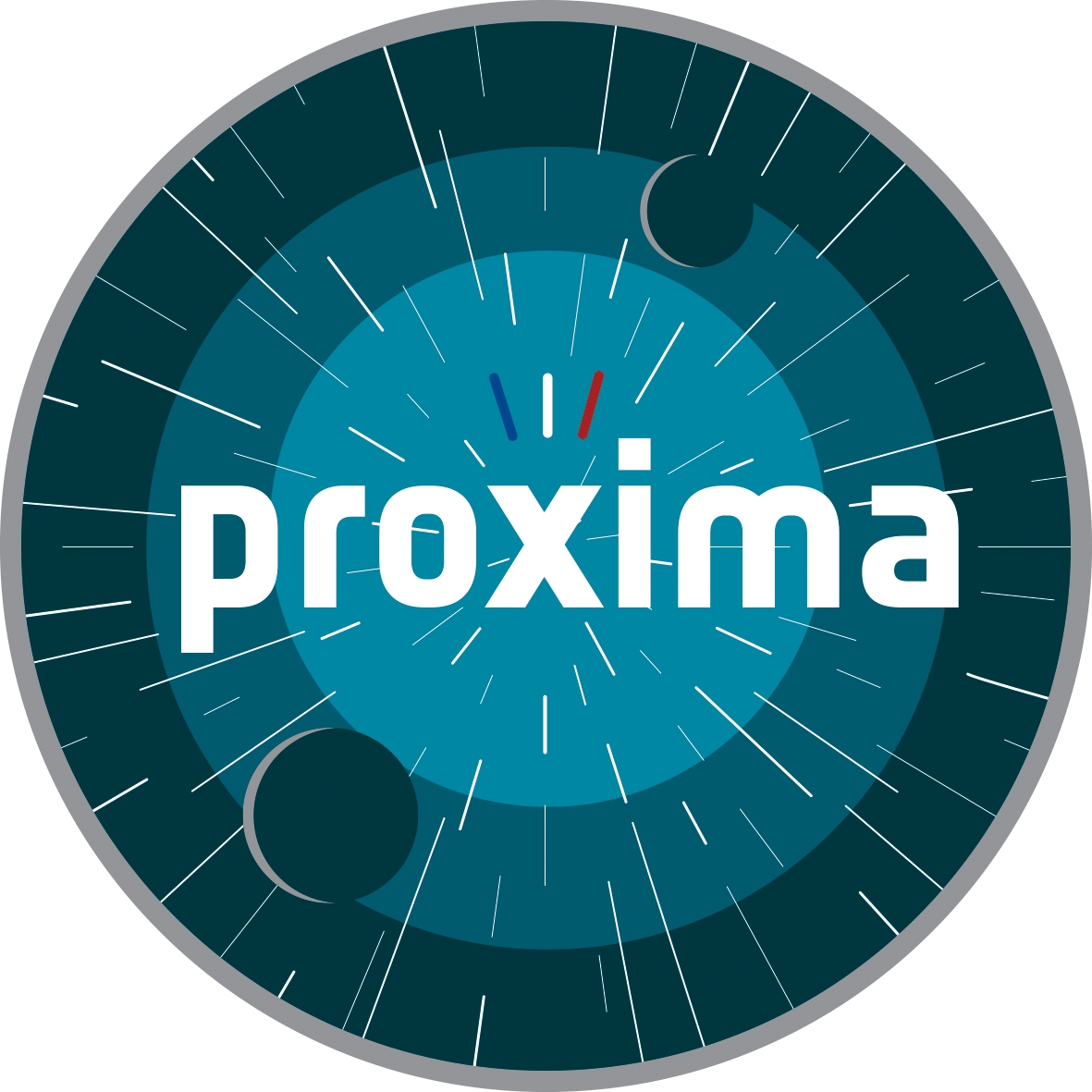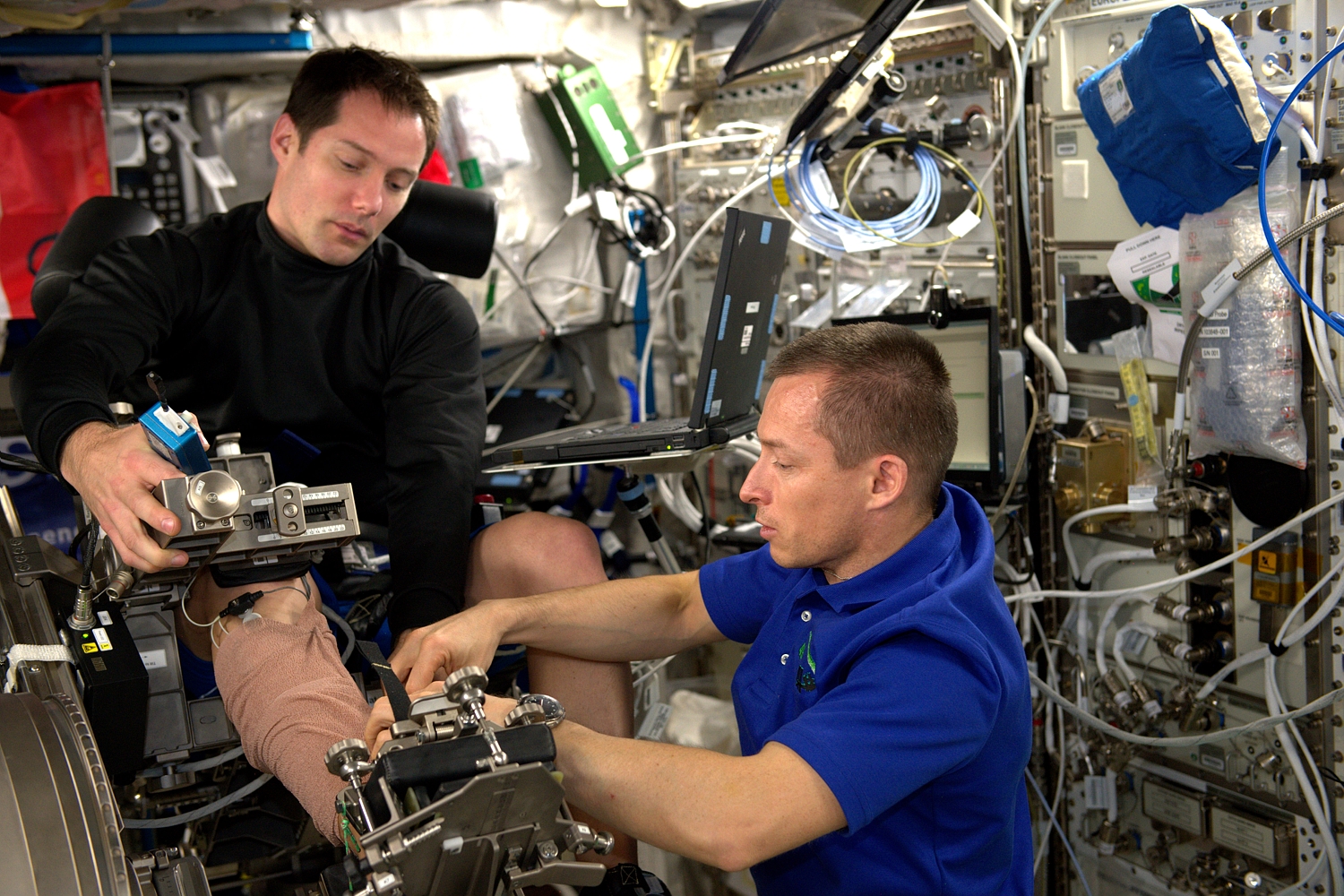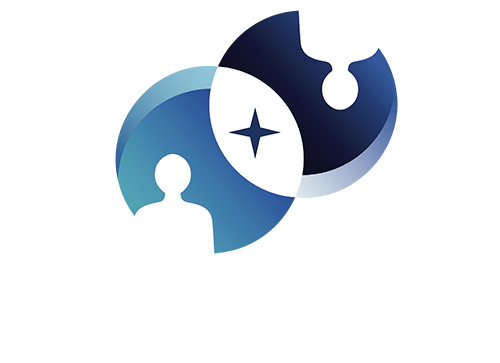Mission Proxima Support
Date :
2016
State of progress :
Ended
Objective :
Scientific experiments in microgravity
Partners :
CNES, MEDES
Proxima is the name of the mission to be carried out by the astronaut Thomas Pesquet. After his initial selection in 2009, and several long years of training, Thomas will set off on his first mission from Baikonur on 15 November 2016. The mission is scheduled to last 6 months.
He will be the 10th French person to go into space and the 4th to stay on board the International Space Station (ISS). No French astronaut has been on the ISS since Leopold Eyharts in 2008. Thomas Pesquet’s mission is therefore a pretty big event!
During his stay on the ISS, he will carry out several scientific experiments. He will contribute to 62 experiments coordinated by the ESA and CNES, as well as to 55 other experiments for the American, Canadian and Japanese space agencies. Thomas will therefore have a busy schedule on top of his daily sports sessions, meals, moments of relaxation, sleep, etc.
The experiments carried out on behalf of the European scientific community aim to improve our understanding of the human body, biology and physics, and test new technologies on board the ISS.


MEDES and Proxima
MEDES is participating in the Proxima mission through its collaboration with CADMOS (the French centre for the development of microgravity applications and space operations) concerning the physiological aspects of the experiment, and with the European Astronaut Centre (EAC) in Cologne, as regards the monitoring of astronaut training and medical support.
In addition to a MEDES team seconded to CADMOS, MEDES directly contributed to preparing some of the seven experiments prepared and supervised by CNES.

Focus on experiments carried out with MEDES support
The Everwear software monitors physiological, medical and nutritional parameters of the astronauts on board the ISS. Coupled to an array of biomeical sensors, the application will act somehow as a medical assistant to the astronaut.

The Aquapad device aims to analyse water on the ISS in a new way. Utilizing a groundbreaking technology, the analysis will be provided in a significantly faster and simpler manner without loss of performance.

Scientists are working on new intelligent surfaces that prevent the bacteria from landing, proliferating and creating biofilms. The objectives for Matiss is to test the efficiency of these surfaces.

News
Our projects
A question ?
Our clinical studies
